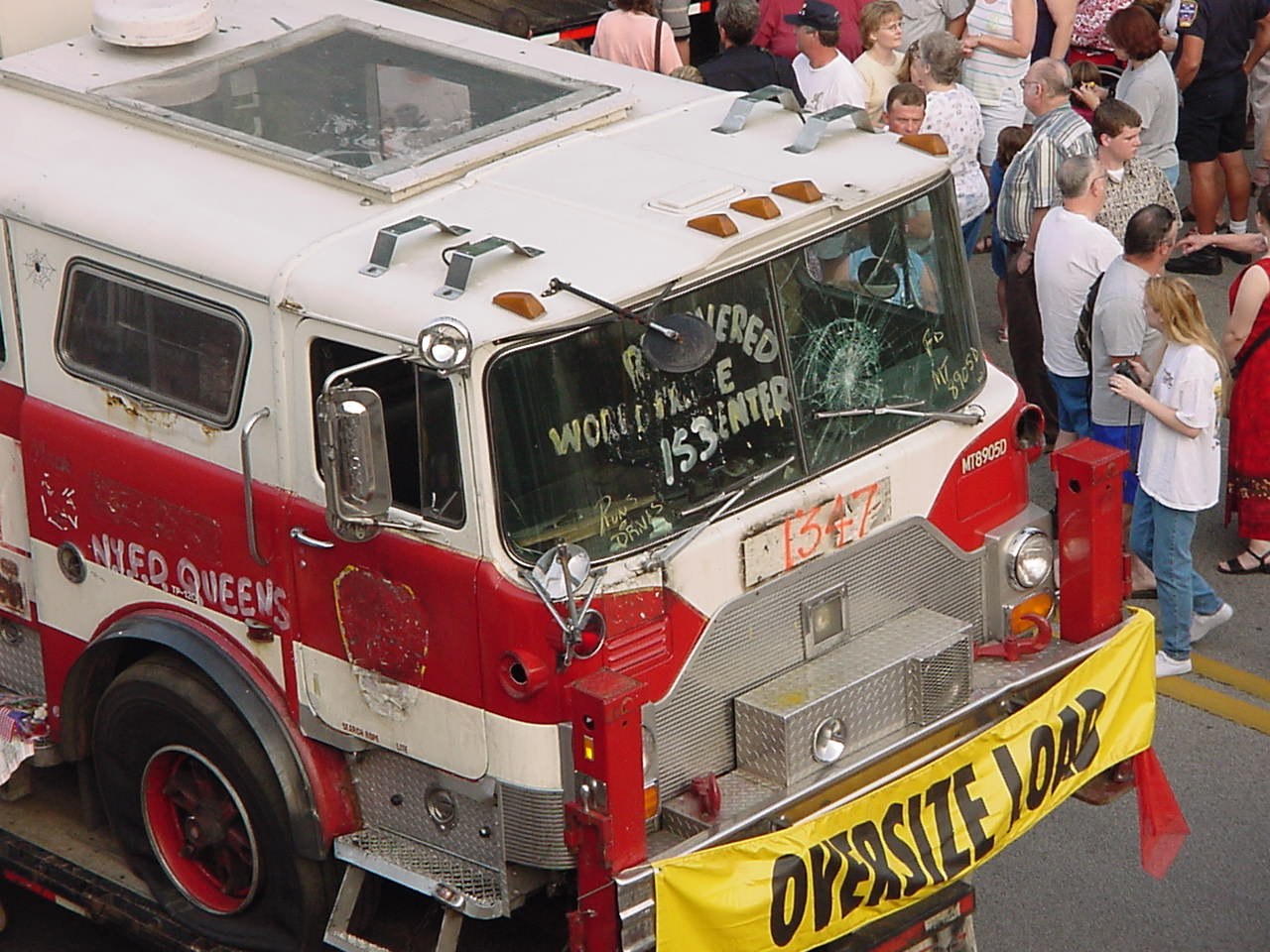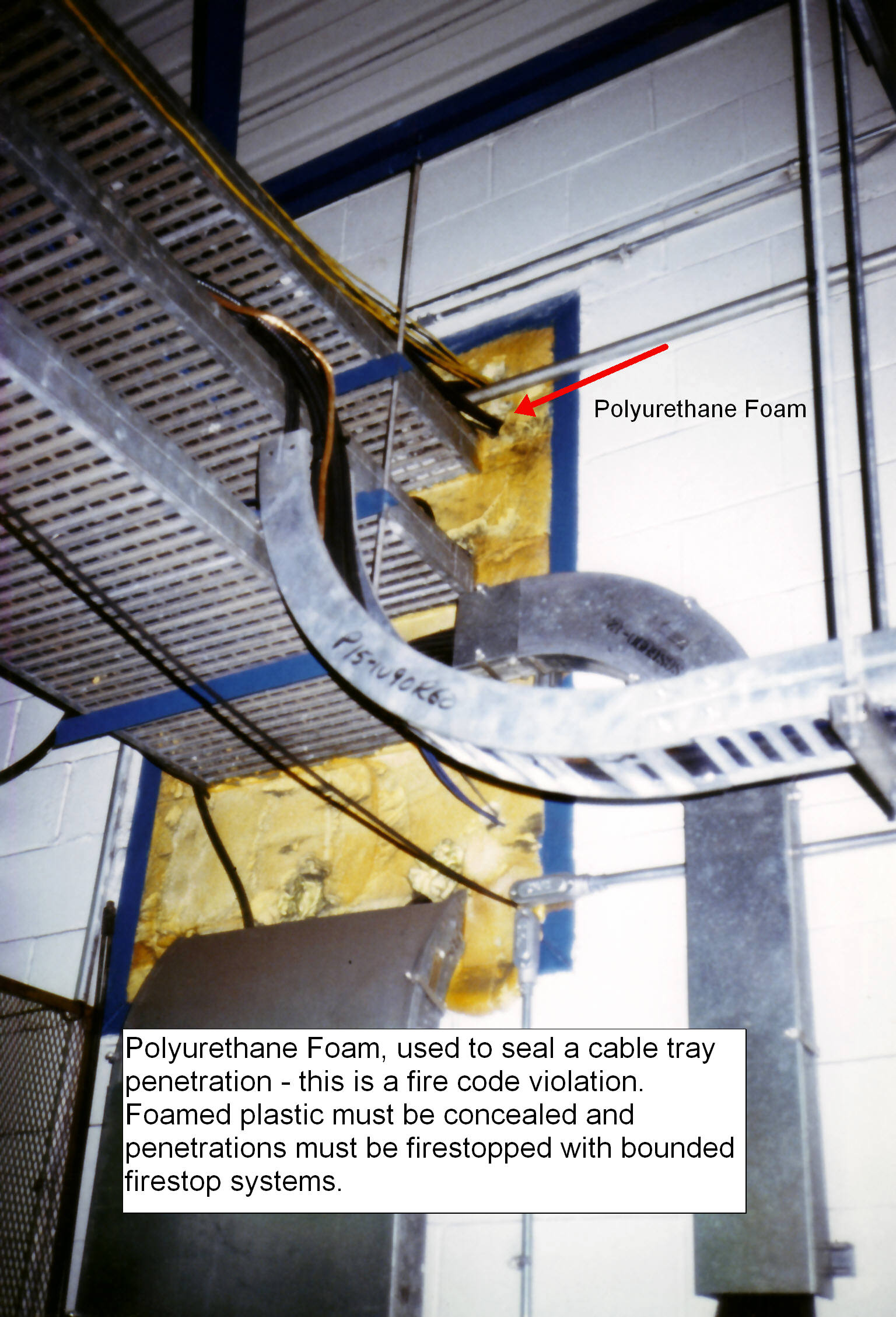What Flame Retardant Cable Is - And What it isn't
페이지 정보
작성자 Jorg 작성일24-12-29 10:00 조회191회 댓글0건관련링크
본문
When the exterior radiation heat flux was bigger than 50 kW/m2, the cables showed continuous burning phenomena after the ignition. For level A cables, the HRR and CO concentration showed two-stage variations with the external radiation heat flux. The high CO launch fee of cable with properly flame retardant ability beneath giant exterior radiation heat flux requires more caution in the cable fires. For the extent C cables, heat release fee (HRR) and CO concentration in cable fires increased and the ignition time decreased with enhance of the external radiation heat flux. The level A cable had smaller HRRs compared with that of the extent C cable underneath the same exterior radiation heat flux. When the external radiation heat flux was smaller than 35 kW/m2, the cable self-extinguished shortly after the ignition. Halogen free supplies depend on inorganic supplies (comparable to aluminium trihydrate ATH or magnesium dihydrate MDH) which works by withdrawing heat from the plastic throughout its decomposition into metal oxide and water. The effects of exterior heat radiation on combustion and toxic gas release traits of flame retardant cables, which had been XLPE insulated, flame retardant PVC sheathed and steel armoured cables, were investigated. A flame-retardant cable is designed only to restrict the unfold of a hearth by inhibiting combustion.
This LMR-195FR Cable ( Flame Retardant ) is a non-halogen (non-toxic), low smoke, hearth retardant cable. Visit our eStore to customise an antenna online for this LMR-195FR Cable ( Flame Retardant ). The combustion traits of the level A and the extent C flame retardant cables were explored by the cone calorimeter. The first reason for this is that halogenated flame retardant materials chemically disrupt the manufacturing of free radicals and successfully shut down the combustion course of. The detrimental effects of PVC and other halogenated materials within the type of the evolution of acidic, choking, dense smoke-producing fumes and gas within the occasion of hearth have led to the development of materials which provide a a lot cleaner burn. MI is labor-intensive and tough to put in and, subsequently, is never utilized in low-voltage fire safety and emergency voice systems. This 2-hour hearth-resistive cable is designed for emergency power circuits for fireplace pumps and emergency generators. NEC 760.176 (F) requires CI cables for NFPA fire alarm methods used to fulfill the survivability of crucial circuits necessities and be listed for that operate per NFPA 72. Conformance to the code necessities of circuit survivability will make sure the efficiency of the hearth alarm system throughout a fire emergency.
High-performance flame-retardant supplies enable an improved response to fireplace efficiency, although it is important to the cable performance that these are utilized in suitable purposes. The dichotomy between electrical/mechanical efficiency and flame retardancy has been addressed in a number of how, with chemical additives permitting increased use of mineral fillers, polymer composition and the event of "thermoplastic elastomers" similar to Ethylene Vinyl Acetate Copolymer (EVA) - these materials allow significantly higher quantities of mineral filler to be integrated into the compound to present a higher flame retardant performance. Over time, there have been many advances within the properties of halogen free materials in cables. This makes utilizing halogen free low smoke compounds as insulators more difficult, as the primary operate of the insulator is compromised. Resulting from this, the standard mechanism for reduced flammability in halogen free cables adopts the approach that the cable is protected from fire from the surface. This is particularly essential in areas the place public evacuation within the event of a fire is of the utcap-rs485-chinh-hang.xyz Flame-retardant PE cable material is fabricated from polyolefin as the bottom material, containing particular flame retardant, excessive-efficiency lubricant, and precision mixing and processing with particular system. Cable jackets used in plenum areas are rated for each flame and smoke technology. Following a number of excessive-profile tragedies, such as HMS Sheffield going down in flames during the Falkland warfare (1982), the Kings Cross station disaster in 1987 resulted within the loss of 31 lives, along with the Dusseldorf airport fireplace in 1996. In all these instances, the presence of choking black smoke and acidic gases have been deemed to be a significant contributor to the lack of life resulting from the inability to evacuate and respiratory points brought on by the smoke and fumes, with burning PVC cabling cited as one of the contributory factors within the smoke and fume manufacturing. Yes. They should cross one of many UL 1685 vertical tray flame tests to be UL-listed. Do tray cables in the U.S. Within the 1970s, utilizing XLPE as an insulating material significantly developed in the facility transmission and distribution sector, changing paper-insulated cables with a much-improved dielectric property. In particular, with the upkeep of electrical properties, the inorganic materials significantly reduce the dielectric properties of supplies reminiscent of polyethylene, considered one of the best polymeric insulator available.
Flame-retardant PE cable material is fabricated from polyolefin as the bottom material, containing particular flame retardant, excessive-efficiency lubricant, and precision mixing and processing with particular system. Cable jackets used in plenum areas are rated for each flame and smoke technology. Following a number of excessive-profile tragedies, such as HMS Sheffield going down in flames during the Falkland warfare (1982), the Kings Cross station disaster in 1987 resulted within the loss of 31 lives, along with the Dusseldorf airport fireplace in 1996. In all these instances, the presence of choking black smoke and acidic gases have been deemed to be a significant contributor to the lack of life resulting from the inability to evacuate and respiratory points brought on by the smoke and fumes, with burning PVC cabling cited as one of the contributory factors within the smoke and fume manufacturing. Yes. They should cross one of many UL 1685 vertical tray flame tests to be UL-listed. Do tray cables in the U.S. Within the 1970s, utilizing XLPE as an insulating material significantly developed in the facility transmission and distribution sector, changing paper-insulated cables with a much-improved dielectric property. In particular, with the upkeep of electrical properties, the inorganic materials significantly reduce the dielectric properties of supplies reminiscent of polyethylene, considered one of the best polymeric insulator available.

Warning: Use of undefined constant php - assumed 'php' (this will throw an Error in a future version of PHP) in /data/www/kacu.hbni.co.kr/dev/skin/board/basic/view.skin.php on line 152
댓글목록
등록된 댓글이 없습니다.

